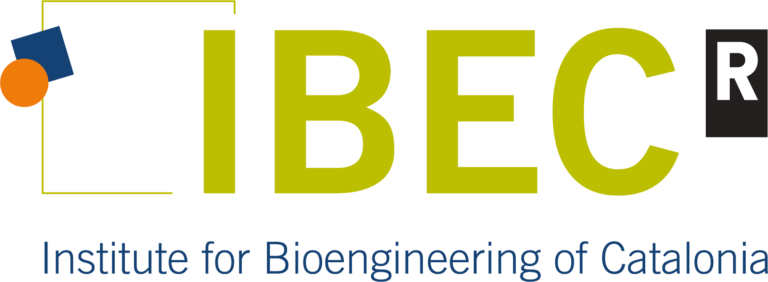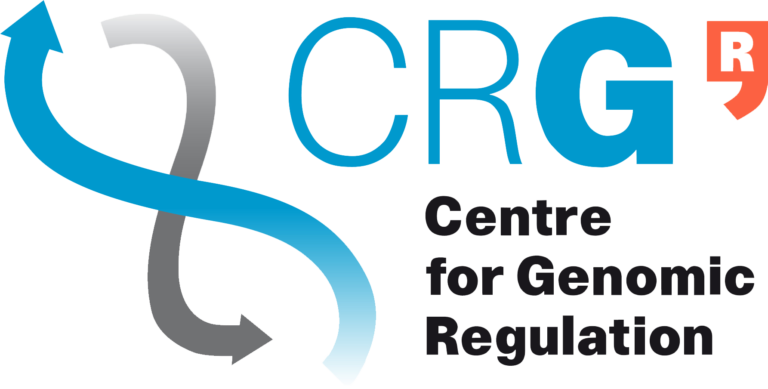8th Mutational Scanning Symposium
Mapping and Modelling Variant Effects at Scale
Apologies but on-site attendance to the Symposium is no longer available
21st -23rd May 2025 · PRBB, Barcelona
8th Annual Mutational Scanning Symposium
21st-23rd may 2025
Mutational scanning technologies and Multiplex Assays of Variant Effects (MAVEs) are key to variant interpretation and transform our understanding of the human genome.
At the 8th annual meeting of the ‘Mutational Scanning Symposium’, experts in the fields of functional genomics, protein science, precision medicine, variant interpretation, and computational genetics come from around the world to meet, present their work, discuss new methods and provide insights on the future of this science.
The conference will be a two and a half days hybrid meeting with onsite or virtual attendance. Discussions will center on a variety of exciting topics, including variant effect prediction, saturation mutagenesis, sequence/structure/function relationships and protein engineering, along with conversations about emerging technologies for functional assays and biophysical modelling.
#VariantEffect25
SESSION TOPICS
Variant interpretation
Computational genetics
Protein engineering
Biophysical modelling
Functional genomics
Saturation and combinatorial mutagenesis
gold sponsor:


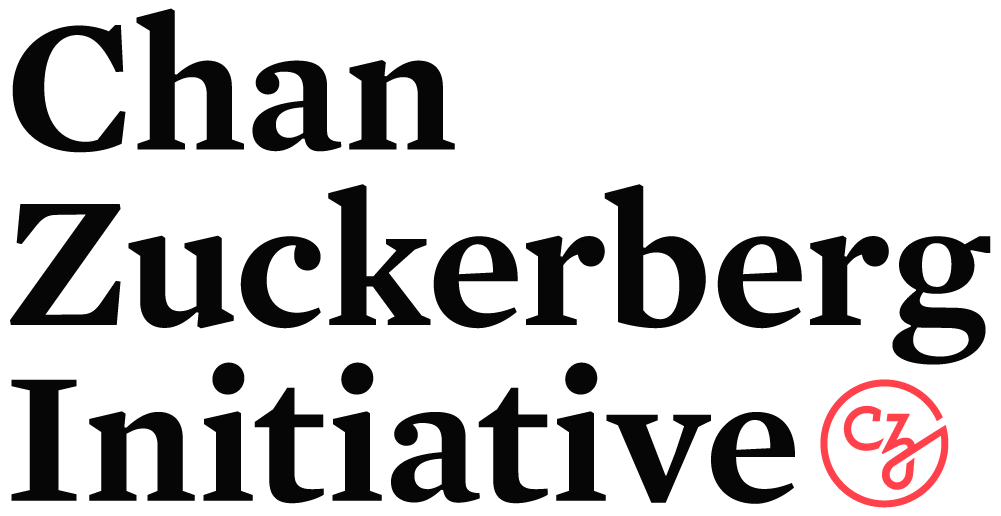

silver sponsor:
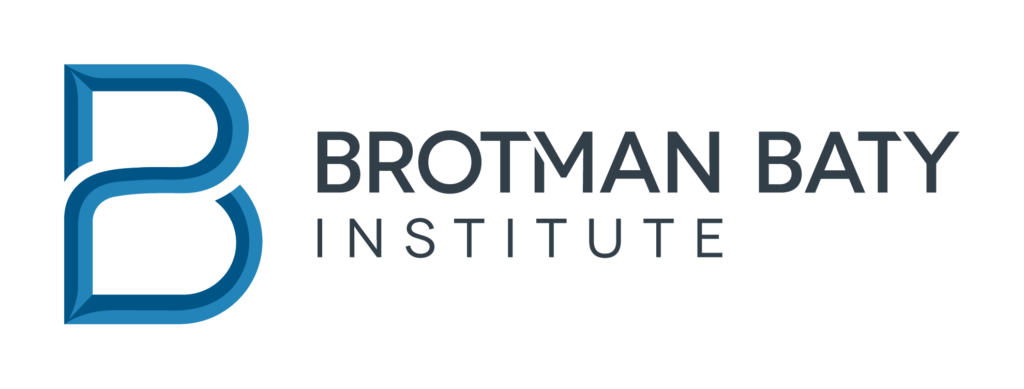


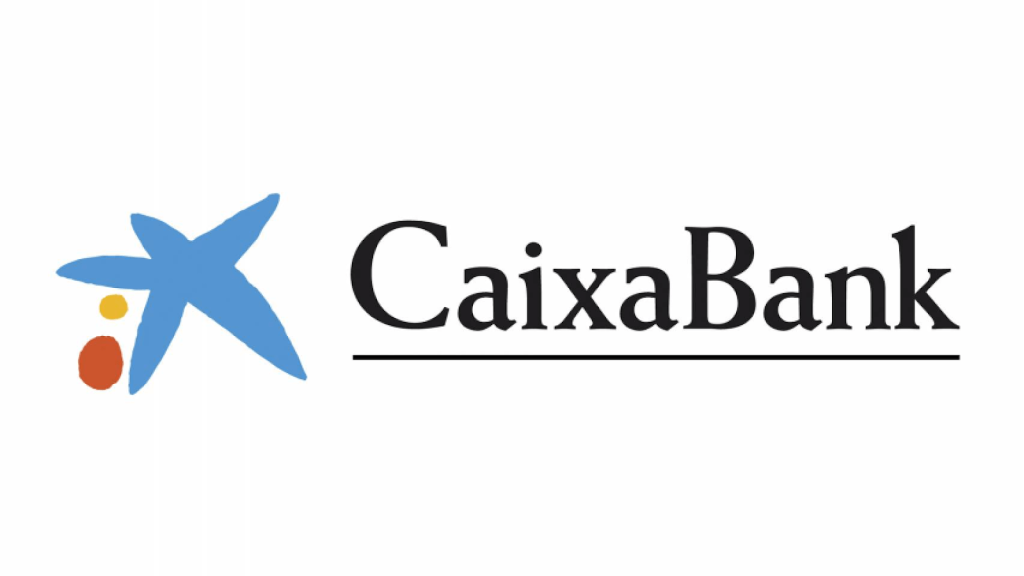
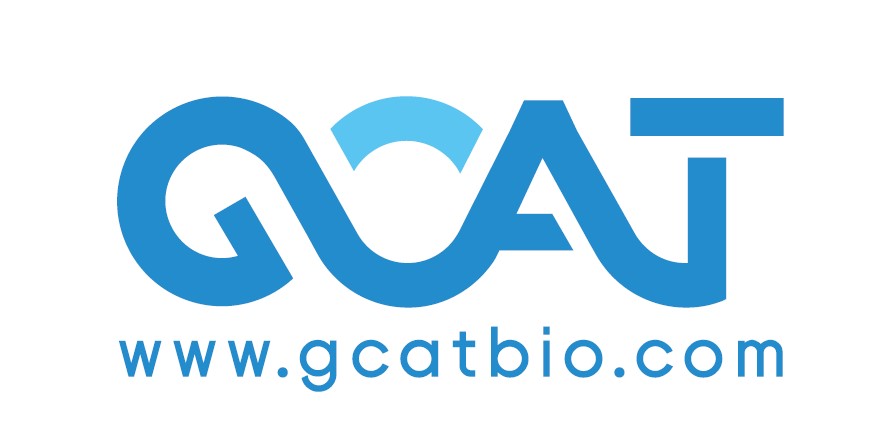
IMPORTANT DEADLINES
Late registration deadline: May 12th, 2025
VENUE
Carrer Dr. Aiguader, 88
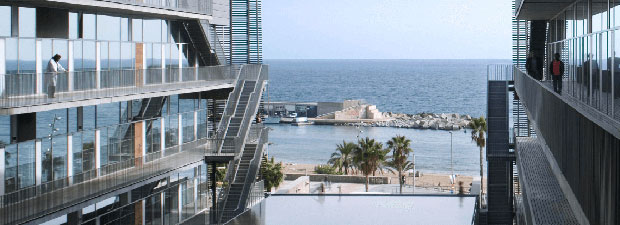
REGISTRATION AND FEES
EARLY BIRD RATE
Payment before/on 6th March 2025
| Regular | 100€ |
LATE RATE
Payment after 6th March 2025
| Regular | 200€ |
VAT included
The registration fee covers attendance to all sessions, lunches and coffee/tea breaks during the conference, conference dinner and conference materials
Conference cancellation policy
ONLINE RATE
| Regular | 50€ |
travel AWARDS
Travel awards will be given to a limited number. The value will depend on the conditions. Minimum €500.
You can apply through the registration form. The acceptance notifications will be sent on March 10th.
SPONSORSHIP OPPORTUNITIES
For any queries about the conference, including opportunities for collaborations or sponsorship, please contact with: ibeccommunications@ibecbarcelona.eu
Or fill in the contact form below and we will be in contact with you shortly:
SPEAKERS
TRAINING WORKSHOPS
WORKSHOP 1
How to choose a model for variant interpretation and protein design
IBEC-PCB, May 20th 2025 - 15h to 18.00h
In recent years there has been an explosion of tools for the analysis, modelling and prediction of variant effects. From the users perspective, it is not always clear what is the right tool for the job at hand, or how to best evaluate the performance at a desired downstream task. In this hands-on workshop, participants will learn about state-of-the-art models for variant interpretation and how to use them appropriately for their needs — starting from experimental data, to in-silico predictions, and to their consequences for protein design. To ensure the interactive nature of the workshop, numbers of participants will be limited.
Speakers
VENUE
Auditorium – Parc Científic de Barcelona
(C. Baldiri Reixac, 4-8 08028 Barcelona)

WORKSHOP 2
How to release MAVE datasets that clinicians can use
PRBB, May 23rd 2025 - 14.00h -16:00h
Bridging the gap between MAVE data sets and their clinical applications is crucial for improving gene variant classification, particularly for VUS. MAVEs provide high-throughput functional data that can help elucidate the biological impact of variants, offering a powerful tool to help resolve the growing number of VUS. Although many MAVEs have been performed on disease-related genes, to translate this data into clinically actionable insights, the data needs to be standardized into a format that is conducive to clinical use. The goal of this workshop is to guide users how to release MAVE data in a format that is immediately useful to clinicians, enhancing the utility of MAVEs in clinical genomics and contributing to more accurate and reliable gene variant classifications. First, we will discuss ACMG and ClinGen guidance for translating functional data into evidence for variant classification. This will help the user understand how their data is used in a clinical laboratory and ensure that their data aligns with this framework. Next, we will discuss FAIR data sharing principles and minimum information standards that will help you release a more comprehensive and transparent dataset. Finally, we will demonstrate how to take advantage of resources for sharing functional data like MaveDB and ClinVar to help get your data directly to clinicians
Speakers
Registration for the two workshops can be done through the registration form. The places are limited.
Workshop 1: How to choose a model for variant interpretation and protein design | |
| 15:00 – 16:00 | Overview of protein fitness prediction models · Pascal Notin |
| 16:00 – 17:00 | From Rosetta to Flow Matching: The Evolution of Protein Design -How Should You Begin Today? · Noelia Ferruz |
| 17:00 – 17:30 | Coffee break |
| 17:30 – 18:00 | From Fitness to Free Energy: Thermodynamic Modeling of Protein DMS Data for Accurate Genetic Prediction with MoCHI · Albert Escobedo |
| * Only for people who have registered to the workshop | |
| 08:45 | Registration |
| 09:30 – 09:45 | Welcome |
| 09:45-10:20 | Decoding Cancer: Clinical and Functional Roles of Nucleotide Variants in Cancer Genes · Dave Adams |
| 10:20 – 10:40 | Uncovering ion channel biology and predicting arrhythmia risk with KCNQ1 and SCN5A MAVEs · Megan Lancaster |
| 10:40 – 11:15 | Advancing Protein Fitness Prediction via Differentiable Retrieval and Cross‑Landscape Transfer Learning · Pascal Notin |
| 11:15 – 11:45 | Coffee break |
| 11:45 – 12:20 | Interpreting variation in small nuclear RNAs in neurodevelopmental disorders ·Nicola Whiffin |
| 12:20 – 12:40 | A scalable framework to link rare human variants to disease phenotypes using pooled prime editing · Chloe Terwagne |
| 12:40 – 13:00 | Overcoming Sequence Similarity: Saturation Genome Editing of Highly Homologous Gene Families · Evgueni Ivakine |
| 13:00 – 14:15 | Lunch + Posters I |
| 14:15 – 14:50 | Bridging biology and AI for genome design · Patrick Hsu |
| 14:50 – 15:10 | Statistical analysis of single-cell experiments in the precision genome editing context to create a prospective map of mutational impact · Magdalena Strauss |
| 15:10 – 15:45 | Design principles of cell state specific enhancers in hematopoiesis · Lars Velten |
| 15:45 – 16:20 | Coffee Break |
| 16:20 – 16:55 | DNA language models reveal functional genomic elements · Julien Gagneur |
| 16:55 – 17:15 | Guiding Generative Protein Language Models with Reinforcement Learning with Feature Extraction · Filippo Stocco |
| 17:15 – 17:35 | From Computer to Clinic: Calibrating variant impact predictors yields a ClinGen clinical recommendation up to strong evidence in genome variation interpretation · Steven Brenner |
| 17:35 – 17:40 | VARIANT EFFECTS SEMINAR SERIES ANNOUNCEMENTS |
| 17:40 – 19:00 | Drinks + Posters II |
| 09:30 – 10:05 |
Prospective mapping of DNA variants modulating therapy response in cancer using gene editing · Matthew Coelho |
| 10:05 – 10:25 | A cluster-based method for guiding the use of variant effect predictors in clinical variant classification · Shawn Fayer |
| 10:25 – 11:00 |
Innovative High-Throughput DNA Synthesis Enhances Systematic Exploration of Protein Sequence-Function Relationships · Ju Zheng |
| 11:00 – 11:30 | Coffee Break |
| 11:30 – 12:05 | Mapping allosteric sites at scale to develop better drugs · Julia Domingo |
| 12:05 – 12:25 | Breaking the Scaling Barrier in Protein Variant Effect Prediction · Charles Pugh |
| 12:25 – 12:45 |
Learning sequence-function relationships with scalable and biologically interpretable gaussian process models · Carlos Martí-Gomez |
| 12:45 – 12:50 | Group photo |
| 12:45 – 14:00 | Lunch + Posters III |
| 14:00 – 14:10 | AVE Workstreams |
| 14:10 -14:45 | Microfluidics for quantitative and high-throughput biophysics and biochemistry · Polly Fordyce |
| 14:45 – 15:05 | Functional characterization of protein networks through deep mutational protein-interaction perturbation scanning · Ulrich Stelzl |
| 15:05 – 15:45 | Non-coding variant interpretation using deep learning and evolutionary conservation · Arvind Kumar |
| 15:45 – 16:20 | Coffee break |
| 16:20 – 16:55 | Towards a motif map of the human proteome · Ylva Ivarsson |
| 16:55 – 17:15 | Saturation mutational scanning uncovers druggability of all FGFR kinase point mutations · Sven Diederichs |
| 17:15 – 17:30 | A comprehensive variant effect map for TAFAAZIN with saturation prime editing · Jason Moffat |
| 17:35 – 17:55 | High density scanning mutagenesis screens identify gain and loss of function pathogenic CDH1 mutations · Joseph Rosenbluh |
| 19:30 |
Conference dinner – Julieta’s |
| 09:30 – 09:50 | An experimental platform for learning antibody molecular recognition · Tim Whitehead |
| 09:50 – 10:10 | Deep mutagenesis reveals the interplay between RIPKs amyloid nucleation and protein activity · Mariano Martin |
| 10:10 – 10:45 | Understanding the effects of missense variants using analyses of protein stability and conservation · Kresten Lindorff-Larsen |
| 10:45 – 11:20 | Coffee break |
| 11:20 – 11:55 | Exploring evolutionary and fitness landscapes of beta-lactamases · Nobuhiko Tokuriki |
| 11:55 – 12:15 | A small molecule stabilizer rescues the expression of the vast majority of pathogenic variants in a G protein-coupled receptor ·Taylor Mighell |
| 12:15 – 12:35 | Variant in situ sequencing (VIS-seq) enables the measurement of visual phenotypes for thousands of LMNA and PTEN variants · Katie Partington |
| 12:35 – 12:55 | Proteome-wide model for human disease genetics · Rose Orenbuch |
| 12:55 – 13:00 | Closing remarks |
| 13:00-14:00 | Lunch |
| 14:00 – 16:00 | Workshop 2: How to realease MAVE datasets that clinicians can use Venue: Barcelona Biomediral Research Park – PRRBB (Carrer Dr. Aiguader, 88, 08003, Barcelona) |
VENUE
Check the poster and flash and short presentation list:
Suggested hotels:
H10 Marina Barcelona · Av. Bogatell, 64-68, 08005 – Villa Olímpica, Barcelona H10 Marina Barcelona
Residencia Universitaria Resa La Ciutadella · Pg. de Pujades, 33-37, 08018 Barcelona
Hotel SB Icària · Avinguda d’Icària, 195, Sant Martí, 08005, Barcelona
Hotel ibis Styles Barcelona City Bogatell · Carrer de Llull, 71, Hb004742, Sant Martí, 08005 Barcelona
Meson Castilla Atiram Hotel · Carrer de Valldonzella, 5, Ciutat Vella, 08001 Barcelona · Conference discount code: MSS25 (10% off).
Oriente Atiram Hotels Barcelona · Rambla dels Caputxins, 45, 08002 Barcelona · Conference discount code: MSS25 (10% off).
Gran Derby Suite · Carrer de Loreto, 28, Les Corts, 08029 Barcelona · Conference discount code: IBEC (10% off).
Derby Hotel · Carrer de Loreto, 21, Les Corts, 08029 Barcelona · Conference discount code: IBEC (10% off).
Motel One Ciutadella · Pg. de Pujades, 11-13, Sant Martí, 08018 Barcelona · Special price with code: CRG MSS25. Contact with res.barcelona-ciutadella@motel-one.com . (Limited reservations until February 28th)
Suggested food places:
POSTER SESSION
The conference includes poster sessions and contributed oral presentations where you will have the opportunity to present your work and discuss it with your colleagues.
Abstract submission deadline: 21/01/2024
Notification of acceptance: 13/02/2024

